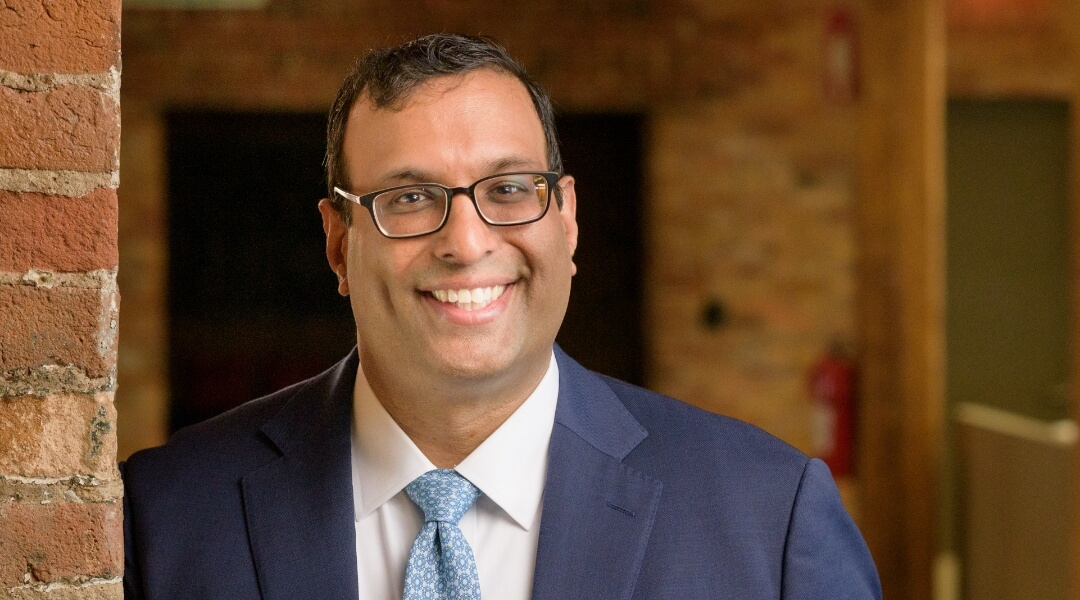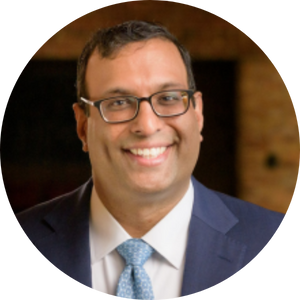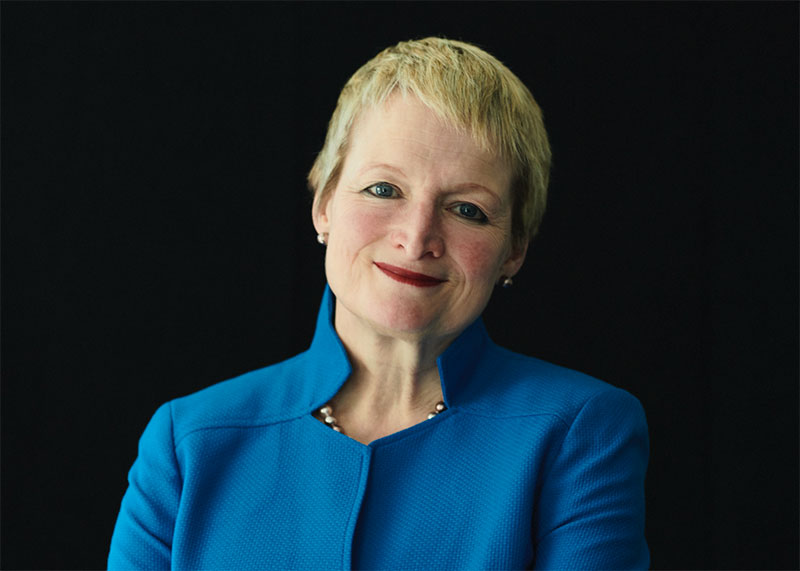Business must spearhead humanity’s global challenge.
If trust is the new currency, we are heading for a global monetary crisis. Trust, the oil that moves the wheels of human progress, is seeping away from the very institutions that are at the vanguard of addressing the critical challenges humanity faces.
The latest Edelman Trust Barometer, the annual report that quantifies the level of public trust in institutions, reveals a devastating truth. Almost half of the 36,000 respondents across 28 countries that contributed to the barometer view government and media as “divisive forces” in society. Moreover, government leaders and journalists are seen as the least trusted societal figureheads. In both cases, trust was commanded by a minority. Only 42% trust government leaders; not many more, 46%, trust journalists.
Of all the studied institutions, business does best. Trust rides at 61% generally and grows as high as 77% when respondents are asked to consider their own employers.
Yet, business is part of an interdependent, open network that comprises all types of institution and individual. It cannot do everything itself: every business, government and individual is a player on a global stage that features a cast of billions. The global dislocation of trusted institutions; the shifts in, and erosion of, geopolitical alliances; and the increasing segregation of trust into ever-narrowing cliques damages every component in the global network, regardless of whether each itself is distrusted. The general trust deficit hampers humanity’s chances of fixing its own future.
The evidence of this is stark. As trust falls in key institutions, public anxiety about our most pressing challenges rises. “Without faith that our institutions will provide solutions or societal leadership, societal fears are becoming more acute,” Edelman says. Economic fears are paramount – 85% of respondents are worried about potential job loss. Yet environmental concerns are close behind: three-quarters of respondents are fearful about climate change.
The consequences of this are well-defined. Just as emerging societal challenges become clear and present dangers, the tools we need to neutralize them are disintegrating. We have transitioned completely into a global poly-crisis with fewer solutions that address the underlying causes. Without implied trust creating a conduit and bond between each element of the global network, our collective task becomes infinitely harder.
The depressing irony is that distrust is often sown on an atomic level. Concerns over fake news are at an all-time high. Yet the coarsening of public discourse on social media and the reluctance to deal in basic facts is nontrivial: the erosion of trust from micro matters feeds inexorably into the macro. It was Albert Einstein who noted, “Whoever is careless with the truth in small matters cannot be trusted with important affairs.”
Certainly, business is seen as having a closer relationship with the truth than other constituent institutions. Regulation; benevolent pressure from employees and customers; and a genuine mission from many leaders to achieve good in the world are contributory factors.
The Edelman report offers a call to arms. “Business leaders must lead in breaking the cycle of distrust,” it says. “Across every single issue, by a huge margin, people want more business engagement, not less.” While trust in business is plentiful, the public believe it could put that currency to greater use: some 52% say its work on climate change remains insufficient, while just 9% say it is overstepping. “The role and expectation for business has never been clearer, and business must recognize that its societal role is here to stay,” the report says.
Business must hear that cry. If time is the scarcest resource, trust is a close second. With great trust comes great responsibility. By commanding the public’s trust, companies are in receipt of something increasingly rare and valuable. They must deploy it to rebuild trust across all institutions and spearhead the world towards lasting solutions – or their time as trusted leaders will expire.




